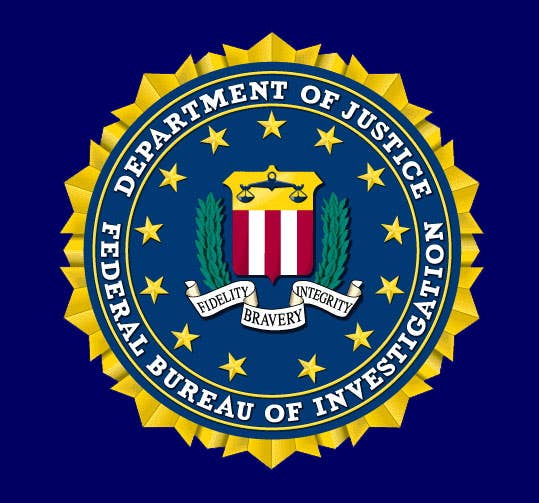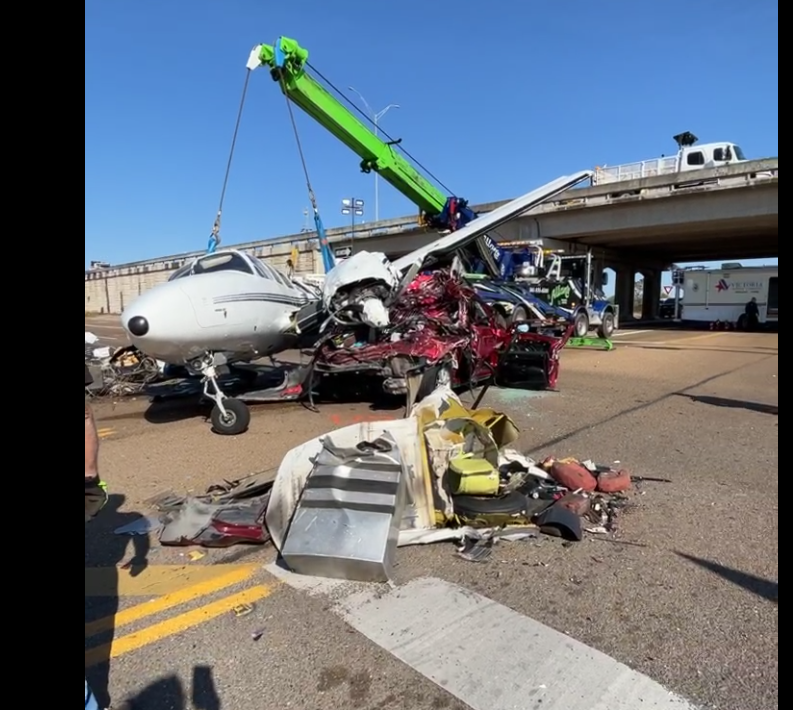Alaska Airlines Flight 1282 Passengers Potentially Deemed Crime Victims
Passengers on Alaska Airlines Flight 1282, which suffered a midair blowout earlier this year, may be considered crime victims, according to a new report from the Seattle Times. The news…

Passengers on Alaska Airlines Flight 1282, which suffered a midair blowout earlier this year, may be considered crime victims, according to a new report from the Seattle Times.
The news publication obtained a letter from a passenger aboard the notorious flight, sent by a victim specialist at the FBI, identifying them as “a possible victim of a crime.” The letter went on to say that the matter is currently being investigated by the FBI and more information could not be shared at this time.
In response to the door plug incident, the Department of Justice launched an investigation into Boeing. The agency reportedly issued subpoenas and convened a grand jury in Seattle for further investigation.
The Seattle Times reported that the Justice Department’s criminal probe may center on whether Boeing breached the conditions of a 2021 settlement with federal prosecutors after two MAX crashes in 2018 and 2019, which killed more than 300 people. Under that agreement, Boeing would avoid federal prosecution if it fulfilled specific conditions for a three-year period—including reporting any instances of fraud involving its employees or agents and enhancing its compliance program. The Alaska Airlines door plug incident occurred two days before the agreement was set to expire.
According to reports, the FBI expects there to be a large number of potential victims involved in this case, prompting the agency to establish an email address, “AlaskaFlightVictims,” for individuals to reach out.






